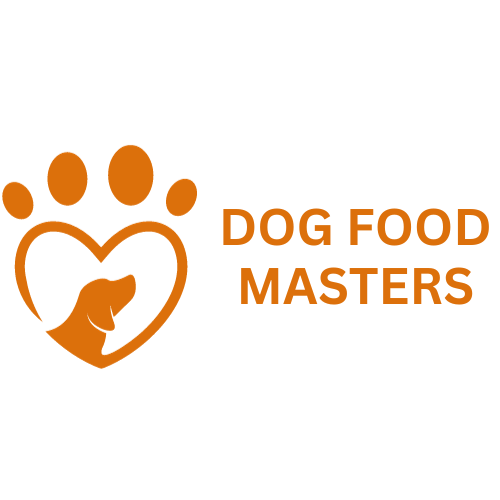Understanding Dog Nutrition and Its Importance
Canine nutrition is a fundamental aspect of responsible pet ownership that significantly impacts a dog’s overall health and wellbeing. A balanced diet is essential for maintaining optimal body functions and supporting a dog’s growth and development throughout its life stages. The primary dietary components necessary for this balance include proteins, fats, carbohydrates, vitamins, and minerals, each serving a unique purpose in a dog’s nutrition.
Proteins are essential for the growth and repair of tissues, playing a crucial role in building strong muscles and promoting healthy skin and coat. They should comprise a significant portion of a dog’s diet, with high-quality sources such as meat, fish, and eggs being preferred. Fats, meanwhile, provide a concentrated source of energy and are vital for the absorption of fat-soluble vitamins, as well as maintaining healthy skin and coat. Omega-3 and omega-6 fatty acids are particularly beneficial for promoting cardiovascular health.
Carbohydrates serve as another energy source, also providing dietary fiber which aids in digestion and enhances nutrient absorption. While dogs do not have a strict carbohydrate requirement, including whole grains, vegetables, and fruits can contribute to a well-rounded diet. Vitamins and minerals, on the other hand, are necessary in small quantities but are indispensable in supporting metabolic processes, immune function, and bone health.
Moreover, it is crucial to recognize that a dog’s dietary needs can vary based on several factors, including age, size, breed, and activity level. Puppies require more calories and nutrients for growth, while senior dogs may benefit from diets lower in calories but richer in fiber to support weight management and digestive health. Understanding these nutritional fundamentals enables dog owners to make informed choices regarding their pet’s food, ensuring a balanced and health-promoting diet tailored to each individual’s needs.
Breed-Specific Dietary Recommendations and Solutions
Understanding that different dog breeds have unique dietary needs is essential for maintaining optimal health. Each breed comes with its own set of characteristics, which often translate into specific nutritional requirements. For instance, larger breeds such as Great Danes and St. Bernards may benefit from diets that support joint health and are lower in calories to prevent obesity, a common health issue among them. In contrast, smaller breeds like Chihuahuas and Pomeranians may require calorie-dense foods to meet their energetic needs.
Moreover, certain breeds are predisposed to specific health problems that can be influenced by diet. For example, Labrador Retrievers are known for their voracious appetites, which can lead to obesity if not managed. A high-protein, low-calorie diet is often recommended to help maintain their weight. Similarly, Dachshunds are susceptible to spinal issues, so a diet rich in omega fatty acids and antioxidants may support their overall health by enhancing joint health and reducing inflammation.
When selecting dog food, it is essential to consider the specific nutritional profile designed for your dog’s breed. Many dog food brands offer formulations catering to particular breeds, providing optimal levels of protein, fat, and other essential nutrients. Popular options available on platforms like Amazon include breed-specific dry and wet foods, designed to meet the unique requirements of each dog type.
Additionally, consulting with a veterinarian can provide tailored advice on your dog’s dietary needs, particularly if they have underlying health conditions. Regular assessments of your dog’s weight, energy levels, and overall health can help you adapt their diet accordingly. Ensuring that your dog receives the correct nutrition is not just beneficial; it is integral to their long-term well-being and happiness.


